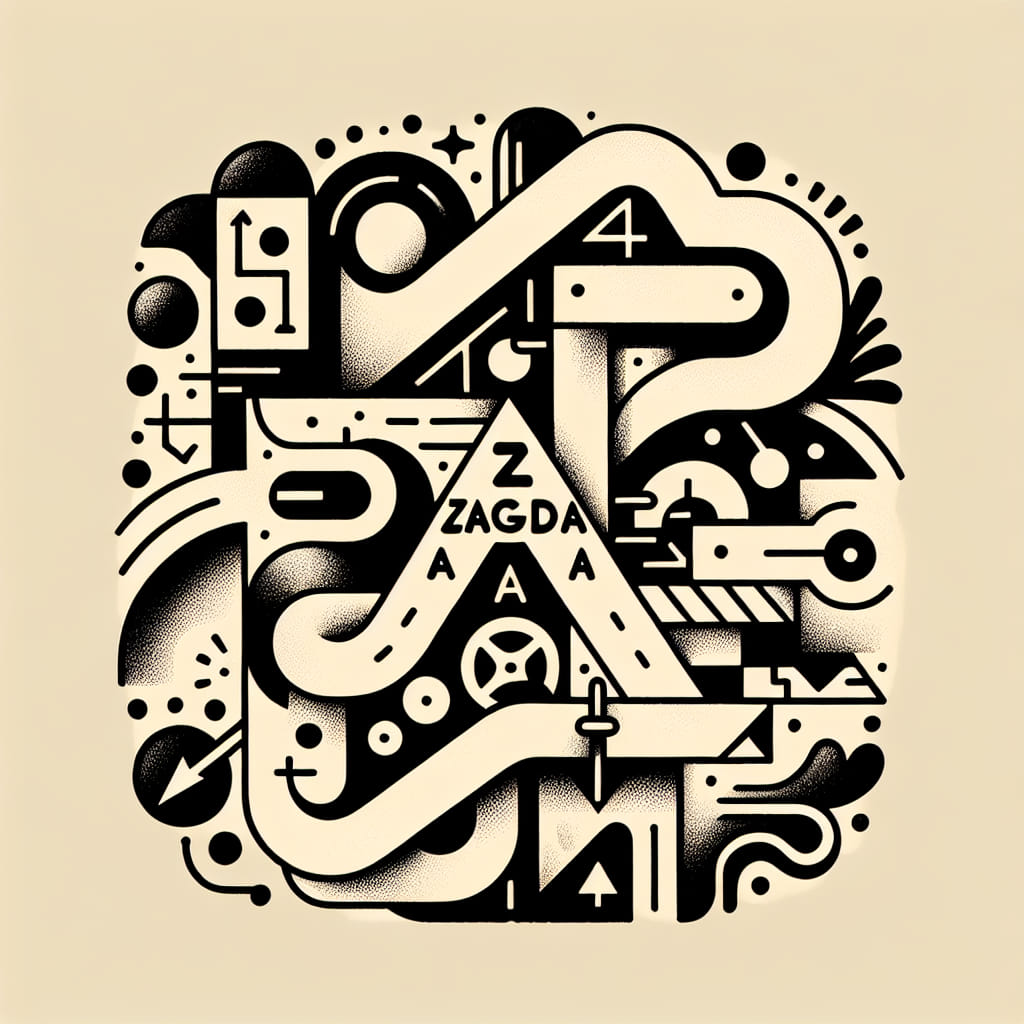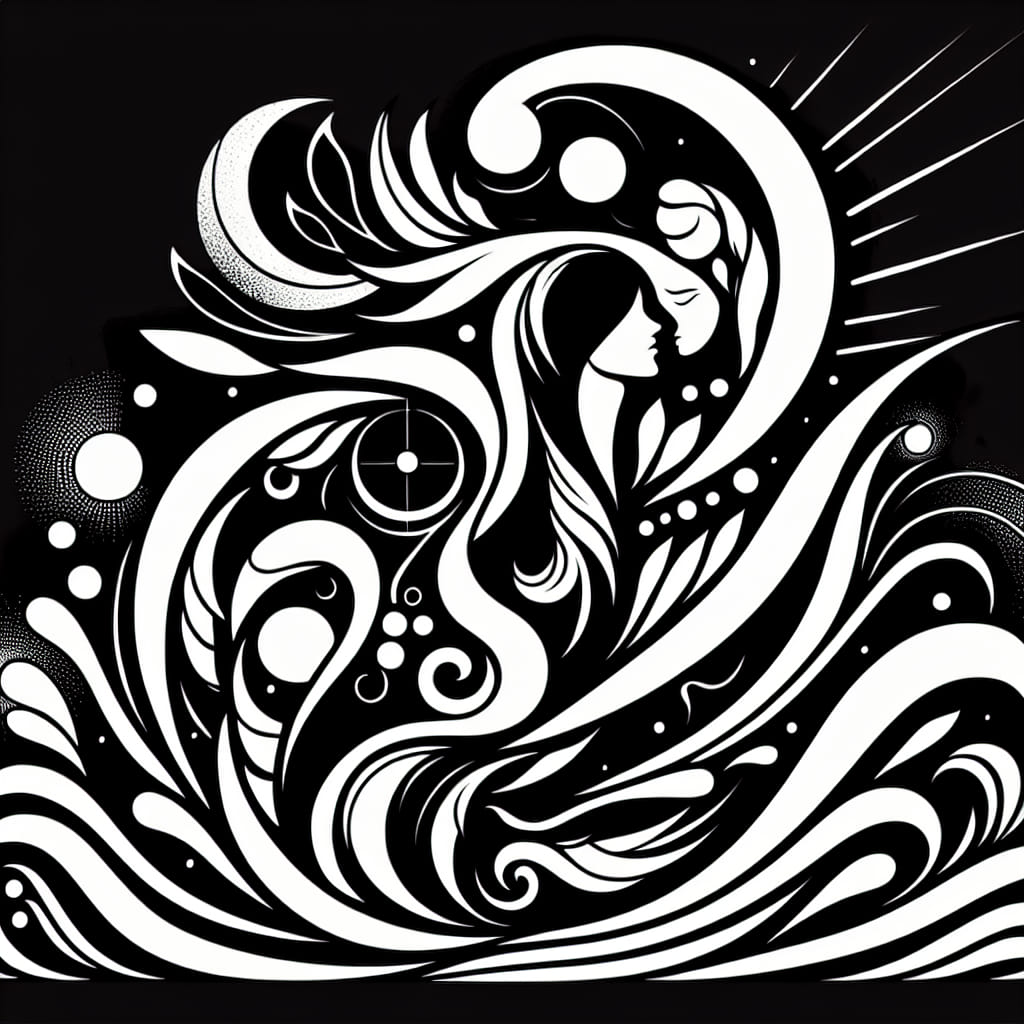· word of the day · 4 min read
Unlock the Secrets of Russian Culture with Unusual Words: A Deep Dive into Загадка
Explore the depths of Russian culture and language through the fascinating word Загадка, a gateway to understanding the unique expressions and emotional nuances of Russia.

Discovering the Depths of Language Through Unusual Words
When diving into a new language, it’s the unusual words that often capture our imagination and offer a deeper understanding of the culture. These words can be a gateway to not only expanding your vocabulary but also to appreciating the unique ways in which different cultures express ideas and emotions. For language learners, especially those studying Russian, exploring such words can be both fascinating and enlightening.
Today, let’s explore a particularly intriguing Russian word: Загадка (zagadka). This word plays a significant role in Russian language and culture, embodying more than just its direct meaning.
What Does Загадка Mean?
Загадка is pronounced as [za-gád-ka]. The word translates to “riddle” or “mystery” in English. It refers to something that is not immediately understood or that poses a puzzle to be solved. The concept of загадка is deeply embedded in Russian literature, folklore, and everyday conversation, reflecting the cultural value placed on wit, wisdom, and the intrigue of the unknown.
Cultural Significance of Загадка
Загадка holds a special place in Russian culture. Riddles, or загадки, have historically been a popular form of mental exercise, entertainment, and a pedagogical tool in Russian folklore. They are not just children’s games but are often used among adults to challenge the mind and prompt deeper thinking.
In Russian folklore, загадки often appear in tales where a hero or heroine must solve a riddle to achieve a goal or save themselves from peril. These narratives underscore the importance of intelligence and cleverness, valuing mental agility as much as physical prowess.
Examples and Usage in Everyday Life
Загадка can be used in both literal and metaphorical contexts. Here are a few examples:
Literal Usage (Riddle):
- Все дети любят решать загадки.
- All children love to solve riddles.
- Все дети любят решать загадки.
Metaphorical Usage (Mystery):
- Эта книга полна загадок.
- This book is full of mysteries.
- Эта книга полна загадок.
It’s common for people to use загадка in conversations when discussing situations or events that are difficult to understand or explain:
- То, что случилось в тот день, остаётся большой загадкой.
- What happened that day remains a great mystery.
Idiomatic Expressions and Sayings
Russian language is rich with idioms and expressions, and загадка features in several. A common saying that involves загадка goes:
- Загадка за семью печатями
- This phrase translates to “a riddle behind seven seals,” used to describe something extremely secretive or incomprehensible. It reflects the layers of complexity often attributed to mysteries or secretive information.
Role in Literature and Folklore
Загадка has a profound presence in Russian literature, appearing in the works of famous authors like Fyodor Dostoevsky and Anton Chekhov. In these contexts, загадка often symbolizes the complex, sometimes inscrutable nature of life, human psychology, or existential dilemmas.
Folk tales, on the other hand, use загадки to structure narratives, often involving challenges that characters must overcome. These riddles are pivotal in driving the plot and developing the characters, illustrating the value of wisdom and resourcefulness.
Reflecting on the Richness of Language Learning
Learning words like загадка offers more than just an addition to your vocabulary. It opens up a window to understanding the psyche of a culture—what it values, how it perceives the world, and how it communicates those perceptions. For language learners, this is a golden opportunity to not only learn to speak a new language but to think and feel in it as well.
Exploring these unusual words allows learners to engage with the language on a deeper level, making the learning process more engaging and insightful. It’s not just about memorizing words and grammar; it’s about connecting with the culture on a profound level.
Conclusion
In conclusion, delving into the meanings and uses of words like загадка can significantly enrich your understanding of Russian. It’s not just a word; it’s a reflection of cultural identity, historical significance, and linguistic richness. For anyone keen to master Russian, paying attention to such words can be immensely rewarding.
Ready to explore more fascinating aspects of the Russian language? Start your journey by downloading Glosa for an enriched learning experience tailored to help you dive deep into the language and its culture. Whether it’s solving the riddle of everyday conversation or unraveling the mysteries hidden in Russian literature, every word you learn is a step closer to a broader understanding of this beautiful language. Happy learning!




